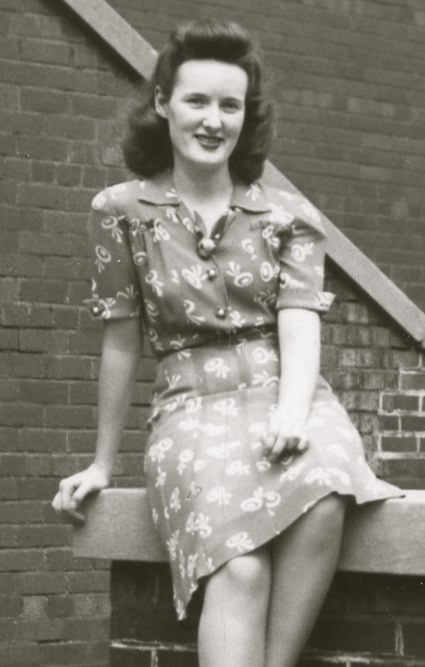
About Me
I have written Margaret’s Wish: Ensuring Care Strangers Know Your Story as a former family caregiver who cared for my mother through her long journey with Alzheimer’s. I was also the family caregiver for my father through his struggles with vascular dementia. This guide is based on the mistakes I made and the lessons I learned working with care strangers to get the best care possible for my cognitively impaired parents. These are just my opinions. Please take what you can use to best fit your own circumstances.
During the last ten months of her life, when I could no longer take care for her at home, my mother, Margaret, lived in a specialized care facility with one hundred other dementia patients. The common bond I witnessed among the residents was their struggle to hold onto bits and pieces of their personal identity as they lost the ability to remember and speak about their lives.
They wanted so much for their caregivers to know who they were before dementia. To speak for them, a few residents had family members who visited almost daily and told their story for them. But, most residents had family members who could only visit occasionally and were not readily available to speak on their behalf. Sadly, a few residents had court- appointed legal guardians who knew little about their personal story.
During this time, Margaret taught me two great lessons. First, she taught me the vital importance of transforming care strangers into care friends by ensuring they knew her story and who she was as a real person before Alzheimer’s. Second, she taught me the critical importance of ensuring she received joy each day to tend to her emotional heart and Spirit.
Years before, Margaret had written a collection of short stories about her life growing up in the 1930s in Zanesville, Ohio during the Great Depression. It comforted her for me to read these stories to her. She would say, “Yes!” to me when I read them to her. Her stories were shared among the staff and read to the other residents to encourage them to recall and share their own remaining childhood memories.
These little stories had great power. For the first time, my mother’s caregivers could see who she really was before Alzheimer’s changed her life. Now, they knew her as a vibrant and creative person. I saw a marked increase in respect for her. My mother was happy people liked her stories and it brought her joy.
Her stories inspired me to develop the concept of Story Letters used in this guide. And, Margaret’s own Story Letters are used as an example of a completed set to inspire your writing.
Margaret’s Wish: Ensuring Care Strangers Know Your Story is my mother’s wish for you. She wanted her story told and would want you to write your story now for the strangers who may care for you someday. So, let’s begin.
Andy Wilson Thress
"To be a person is to have a story to tell.” Isak Dinesen

